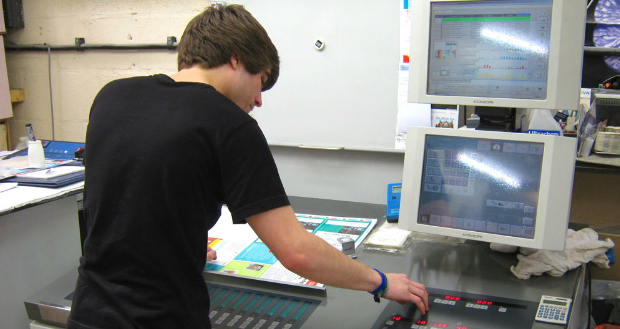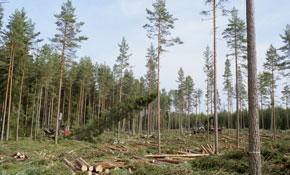
Workforce skills program developers, Innovation and Business Skills Australia (IBSA) Group says COVID-19 has presented a “tremendous opportunity” to kick-start Australia’s manufacturing sector.
Trade disruptions have forced more companies to move production and supply chains onshore and border closures have halted skilled migration, with lasting impacts likely for years to come.
IBSA Group CEO Sharon Robertson said many more job opportunities, as well as skills-based apprenticeships, are likely to be created due to more companies manufacturing in Australia rather than abroad.
“Governments are also committed to substantial funding to re-skill our workforce in response to these challenges which is incredibly encouraging and exciting for Australia’s manufacturing and related industries,” she said.
“Now is the time for all of us invested in skills training in Australia to be bold and determined, to propose and, most importantly, get stuck into implementing practical solutions that will deliver relevant, dynamic training programs that meet the skills needs of current and emerging employers and industries.
“These solutions need to attract school leavers, the unemployed and current workers to the real skills-based career opportunities available.”
IBSA Group recently undertook a six-month consultation process with employers and other organisations in the manufacturing and related industries to identify the actions needed to ensure Australia has the highly skilled workers required to support modern manufacturing.
Work-based learning, apprenticeship training
Robertson said there was strong and clear consensus from manufacturers, training organisations, peak bodies and unions operating within the sector of the need to provide more work-based learning and apprenticeship training opportunities that create pathways to higher skills development.
“To build sovereign manufacturing capability, industry wants a workforce skilled in product development, new technologies, design and prototyping, along with gaining efficiencies through sustainability and collaborative skills,’’ she said.
“The clear need for the development of advanced skills from the platform of work-based learning was identified. One of the key recommendations of the report is greater recognition of apprenticeships as pathways to higher qualifications and higher learning.
“The manufacturing sector wants to see a system of apprenticeships that incorporate extensive STEM-based skills that provide qualifications equating to a diploma or advanced diploma.’’
Opposing findings
The Australian Industry Group Australian Performance of Manufacturing Index dropped 9.2 points to 51.6 in August, indicating weak expansion across manufacturing and effectively pausing a solid period of recovery throughout 2021 (readings above 50 points indicate expansion in activity, with higher results indicating a faster rate of expansion).
Of the six manufacturing sectors in the index, only food and beverages expanded at a faster pace in August (up 1.7 points to 56.5). The related sectors of chemicals (down 8.5 points to 56.4) and TCF, paper & printing (down 24.4 points to 53.3) also expanded, albeit at a slower rate.
Machinery and equipment manufacturing stalled (down 11.3 points to 50.4) while metal products (down 16.2 points to 45.5) and building materials manufacturing (down 15.8 points to 42.4) contracted due to restricted manufacturing and construction activity in NSW and Victoria.
Ai Group CEO Innes Willox said, “August saw a steep retreat from the healthy expansion in manufacturing performance that has characterised most of this year. Lockdowns across the country, particularly in NSW and Victoria were the major detractor from performance with ongoing strength outside of these states sufficiently strong to maintain the national performance in positive territory (although by a slim margin).
“The building materials and metal product sectors saw the steepest declines due in large part to the impacts of lockdown measures on the construction sector. The food and beverage and chemicals product sectors continued to grow strongly while the machinery & equipment sector barely held onto recent gains. Employment grew slightly across the manufacturing sector as manufacturers built up stocks rather than cut back on production.
“Looking forward, there was positive news in the further growth in new orders in August and the easing of restrictions on construction will go some way to rebuilding confidence or at least hope among its suppliers.”
Comment below to have your say on this story.
If you have a news story or tip-off, get in touch at editorial@sprinter.com.au.
Sign up to the Sprinter newsletter



